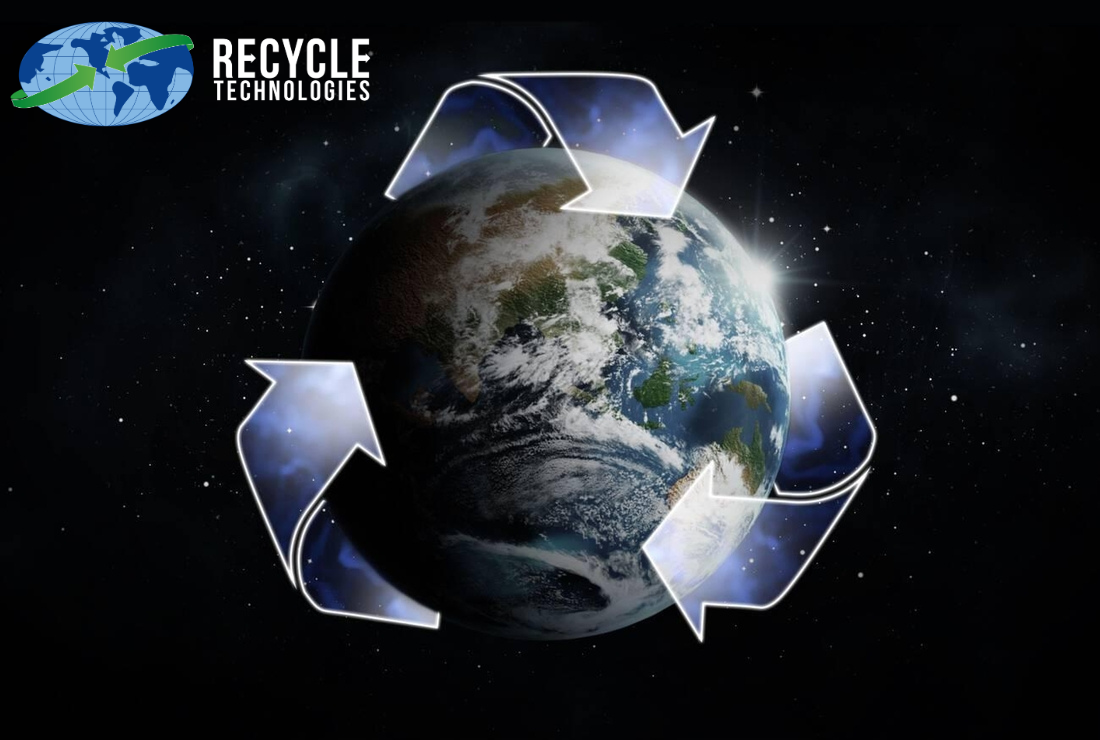Recycling has long been hailed as a crucial step in preserving the environment and reducing waste, but hardly anyone uses the term “cons of recycling.” It might be because recycling seems like a straightforward concept, involving conversion of waste materials into reusable materials. This feature enables recycling to become a cornerstone of sustainability efforts worldwide, with governments and organizations promoting its benefits.
However, is everything sunshine and rainbows? As with any complex issue, there are always two sides to consider. In this article, we will delve into the dark side of recycling, uncovering the cons that are often overlooked or downplayed.
The Dark Side of Recycling: Uncovering the Cons
High Costs and Limited Resources
One of the major cons of recycling is the excessive costs associated with collecting, sorting, and processing recyclable materials. In the USA, there are multiple reputed recycling facilities, but the main reason they are limited to selective regions lies in the high-end costs. Usually, recycling facilities require significant investments in infrastructure, machinery, and workforce. These costs are often passed on to consumers, leading to higher prices for recycled goods.
Furthermore, the availability of certain resources needed for recycling, such as rare earth metals used in electronic devices, is limited. As demand for these resources increases, so does the cost of recycling. This raises concerns about the economics of recycling programs, especially in regions with limited resources.
Energy Consumption
While recycling can save energy in certain cases, it is not always an energy-efficient process. The transportation of recyclable materials to processing facilities, as well as the sorting and cleaning processes, require energy. In some cases, the energy consumed during recycling might outweigh the energy saved from producing new materials.
Additionally, recycling methods such as melting down plastics or paper can release greenhouse gasses, contributing to climate change. This highlights the need for more sustainable and energy-efficient recycling technologies to mitigate these negative impacts.
Related Content: Recycling Advantages and Disadvantages
Related Content: 6 Important E-Waste Benefits through Recycling
Ineffective Recycling Methods
Contamination is a significant challenge in recycling. When non-recyclable materials are mistakenly included in recycling bins, it can contaminate the entire batch, rendering it unfit for recycling. This contamination can be costly to remove and can result in a significant portion of recyclable materials being sent to landfills instead.
Moreover, some recycling methods are not as effective as others. For instance, certain plastics can only be downcycled, meaning they are turned into lower-quality materials that cannot be recycled further. This limitation reduces the overall effectiveness of recycling and raises questions about the long-term sustainability of such practices.
The Impact of Recycling on Wildlife and Ecosystems
While recycling aims to protect the environment, it is not without its negative consequences for wildlife and ecosystems. The extraction of raw materials for recycling can lead to habitat destruction and biodiversity loss.
Additionally, recycling processes can release harmful pollutants into the environment, posing a threat to both terrestrial and aquatic ecosystems. For example, the incineration of certain materials can release toxic gasses and heavy metals, which can contaminate soil and water bodies. The unintended consequences of recycling on wildlife and ecosystems must be carefully considered and mitigated to ensure a truly sustainable approach.
The Role of Consumer Behavior in Recycling
Consumer behavior plays a crucial role in the success or failure of recycling initiatives. Education and awareness about proper recycling practices are essential to maximize the positive impact of recycling.
However, many consumers are unaware of the specific guidelines for recycling different materials, leading to contamination and ineffective recycling. Additionally, the convenience of disposal options, such as single-stream recycling, can discourage individuals from properly sorting their waste.
To address this issue, there is a need for improved education, infrastructure, and incentives to encourage responsible consumer behavior and ensure the effectiveness of recycling programs.
Alternatives to Traditional Recycling Methods
While traditional recycling methods have their drawbacks, there are alternatives that offer potential solutions. One such alternative is upcycling, which involves transforming waste materials into higher-value products. Upcycling promotes creativity and innovation by finding new uses for discarded items, reducing the need for energy-intensive recycling processes.
Another alternative is the development of advanced recycling technologies, such as chemical recycling, which can break down plastics into their original building blocks for reuse. These alternatives present opportunities to overcome the limitations and cons of traditional recycling, paving the way for a more sustainable future.
Conclusion: Finding a Balance Between The Pros and Cons of Recycling
In conclusion, recycling is undoubtedly an important tool in our efforts to protect the environment and reduce waste. It has numerous positive impacts, from conserving resources to reducing greenhouse gas emissions.
However, it is essential to recognize and address the cons of recycling to ensure a balanced approach. High costs, limited resources, energy consumption, contamination, and the impact on wildlife and ecosystems are all challenges that need to be overcome. By promoting responsible consumer behavior, exploring alternative recycling methods, and investing in sustainable technologies, we can find a balance between the pros and cons of recycling, ultimately leading to a more sustainable future.
Start Recycling With Recycle Technologies & Get a Free Quote Today
Ready to take action towards a more sustainable future? Visit our website today and get a free quote on our eco-friendly products and services. Together, we can make a difference and create a world where recycling is not only effective but truly beneficial for the environment. Don't miss out on this opportunity to contribute to a greener planet.












